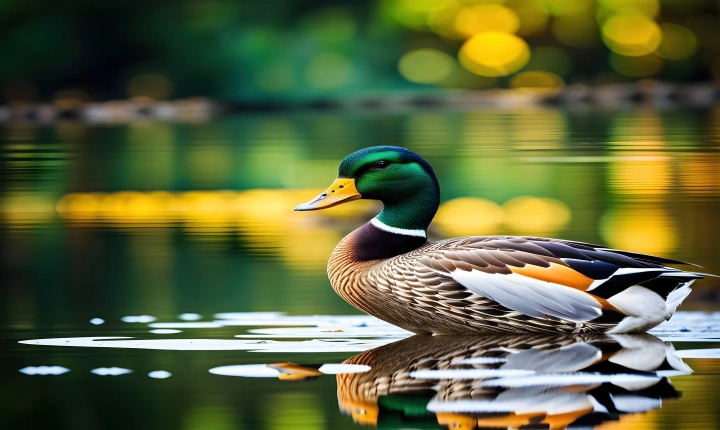Is AI Art Moral?
The intersection of art and artificial intelligence (AI) has raised some thought-provoking questions about the morality of creating art using AI. As technology advances and AI becomes increasingly sophisticated, the debate about the ethical and moral implications of AI-generated art has gained prominence.
One of the primary concerns surrounding AI art is the question of authorship. Traditional art is created by human artists who imbue their work with their thoughts, emotions, and experiences. This raises the question of whether art created by AI can be considered original or authentic. Proponents argue that AI can produce art that is unique and innovative, pushing the boundaries of traditional artistic practice. Critics, however, argue that AI lacks the human connection and emotional depth that is inherent in human-created art.
Another moral dilemma is the potential displacement of human artists by AI. As AI technology improves, there is a fear that AI-generated art could devalue the work of human artists and undermine their livelihoods. This raises concerns about the economic impact of AI on the art world and the potential loss of diversity and human expression in art.
Furthermore, the use of AI in art raises questions about cultural appropriation and sensitivity. AI algorithms are often trained on vast amounts of data, including images and cultural references. This can lead to the unintentional replication of biases and stereotypes present in the training data, raising concerns about the ethical implications of AI-generated art that perpetuates harmful stereotypes or misappropriates cultural symbols.
However, there are also potential benefits to AI-generated art. AI has the potential to democratize art creation, allowing more people to explore their creativity and artistic expression. AI can also assist artists in generating new ideas, exploring unconventional techniques, and pushing the boundaries of traditional artistic practice. Furthermore, AI-generated art has the potential to foster interdisciplinary collaborations between artists and technologists, leading to innovative and boundary-pushing artworks.
Addressing the moral implications of AI art requires a nuanced approach that considers the potential impact on artists, the integrity and authenticity of art, and the potential perpetuation of biases and cultural insensitivity. It’s important for the art world to engage in critical discussions about the ethical use of AI in art, as well as to establish guidelines and best practices for the responsible creation and consumption of AI-generated art.
Ultimately, the question of whether AI art is moral is complex and multifaceted. As technology continues to evolve, it is important for the art world to grapple with these ethical questions to ensure that AI art respects the integrity of artistic expression while also acknowledging the potential benefits and risks associated with AI-generated art. By critically examining the moral implications of AI art, we can work towards a future where AI and human creativity coexist in a mutually respectful and responsible manner.
